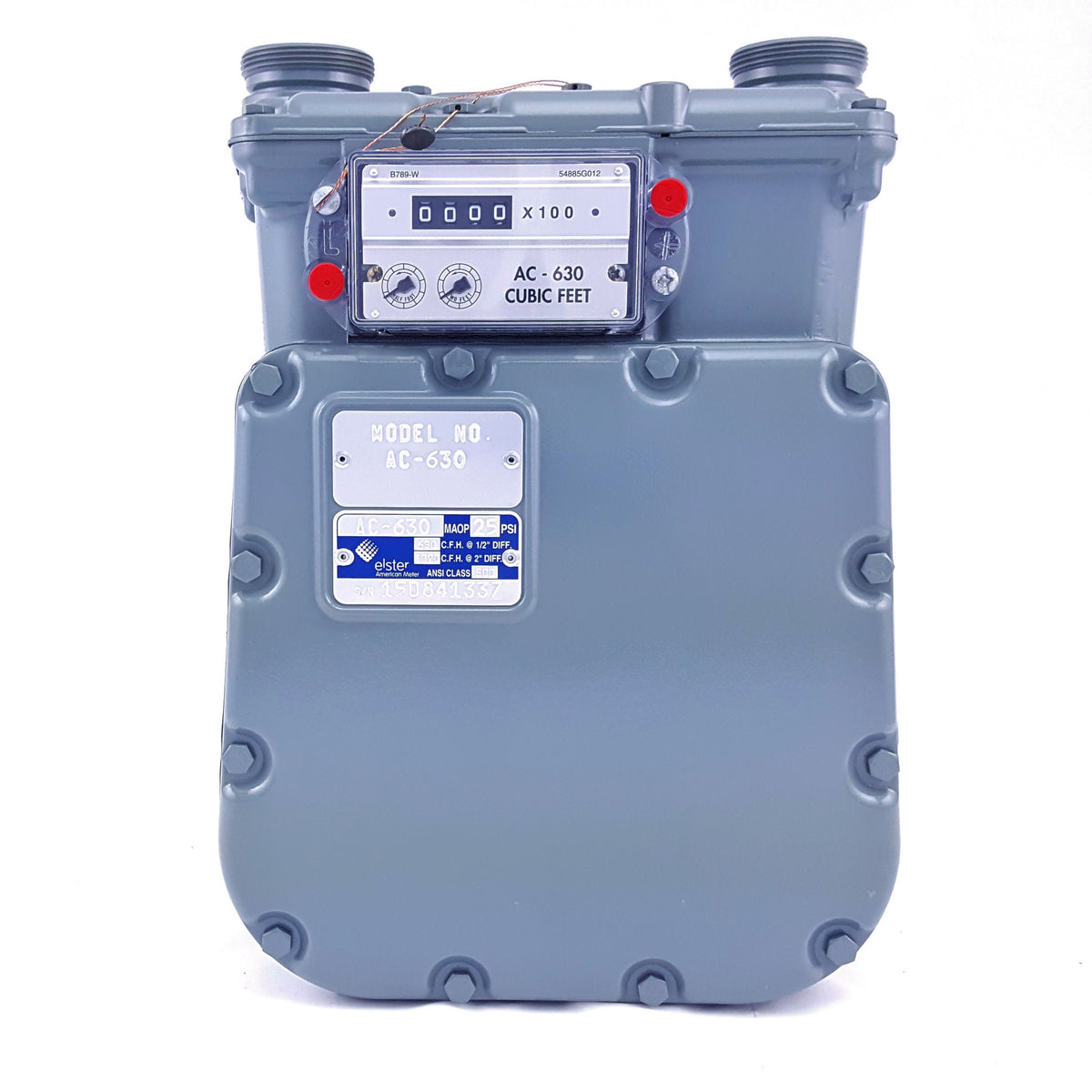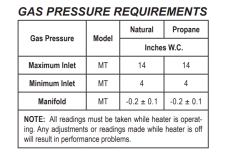Well we are finally in the middle of our pool build with shotcrete getting done earlier this week. The next step is to run the needed utilities for the equipment which I thought would be one of the easier steps in this build. We will have a Pentair 400K BTU gas heater as part of the build. I called Atlanta Gas Light since we need a meter upgrade. Here is where we are on that process:
- The gas company is asking me for the delivery pressure requirements of the pool heater - either 7” W.C. or 2PSI
- The pool builder is asking me for the meter specs so they know what size line to run for the heater
- The gas company is telling me we are already over the capacity of our current meter without the pool heater so we definitely need a new meter
- When I reached out to the pool builder again about the above, one of the project managers said the low pressure meter may be fine while the other project manager said to go with the 2PSI option














